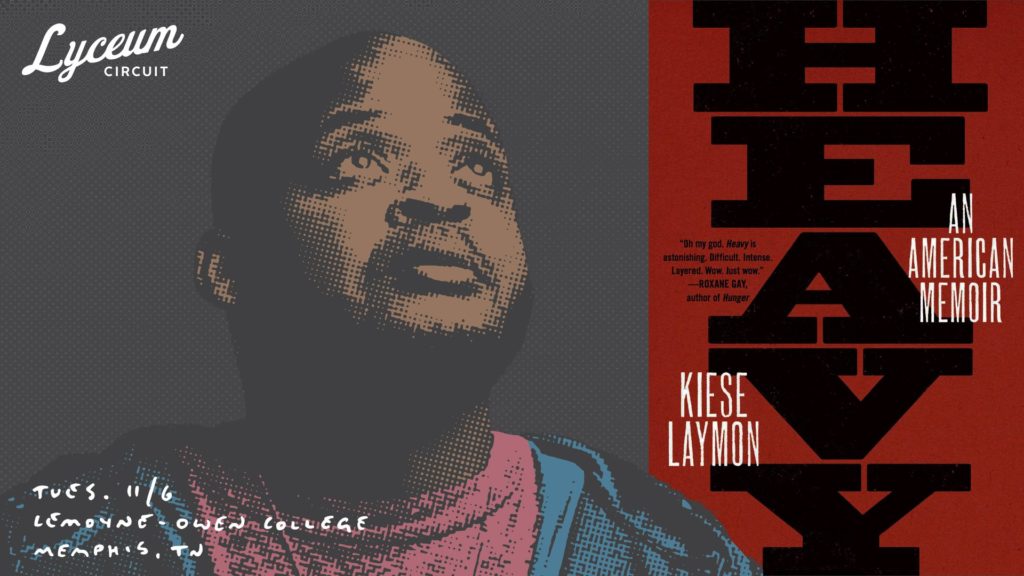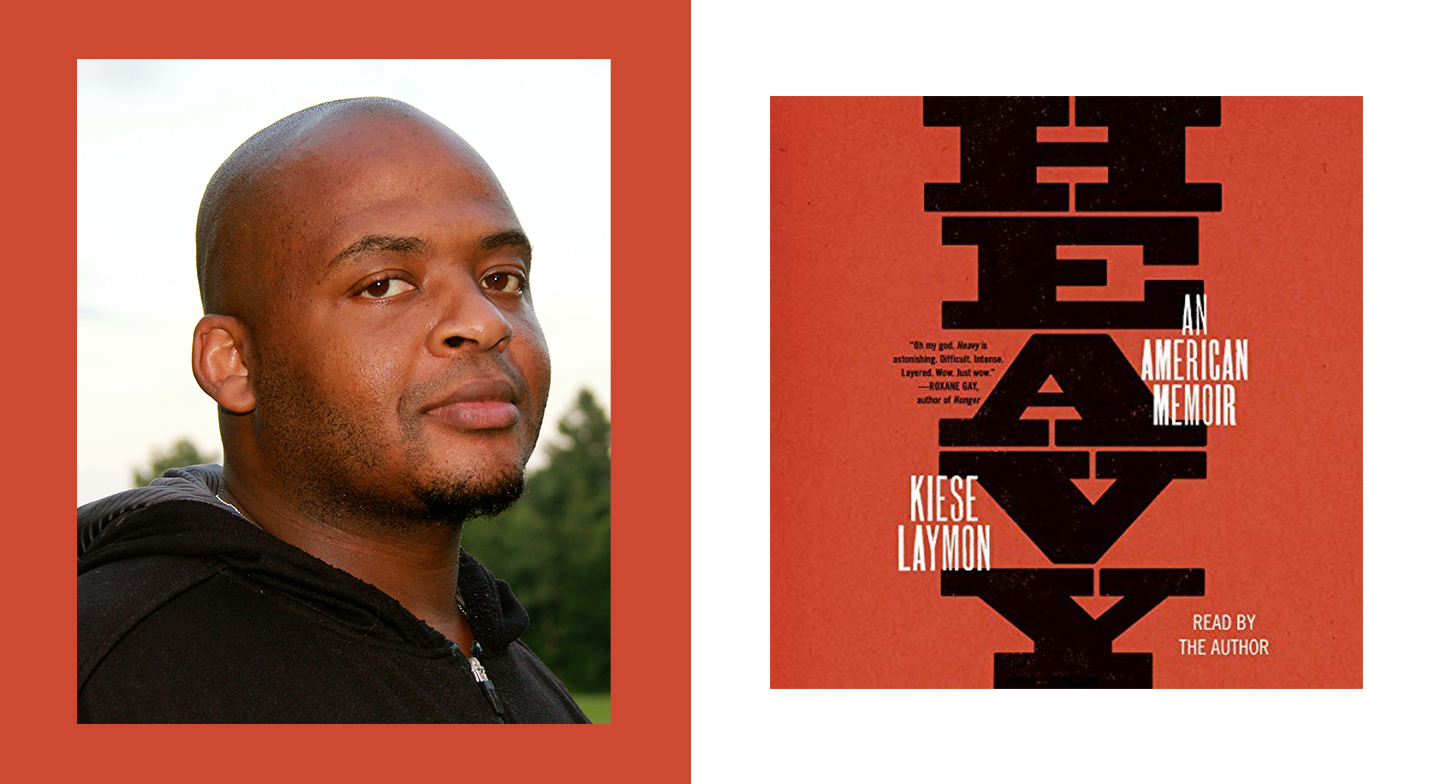



His own mother goes to bed with a gun beneath her pillow.

His father’s mother was raped by a sheriff in Enterprise, Mississippi. As he cleans up her face and ices her swellings after she’s beaten up – not by a cop, but by her boyfriend – he tells her: “You gotta be still, for real.” She instinctively chides him for being too colloquial. Laymon, who addresses his book to her directly, recalls how “the way you overpronounced your words and insisted on correcting everyone whose subjects and verbs didn’t agree made black folk in Jackson think we had plenty of lunch money”. She saw education as social insulation, something that would protect her son from getting beaten up by police. His mother was studying to get her PhD and to begin, later than many of her peers, a career in academia. His mother saw education as social insulation, something that would protect her son from getting beaten up by policeīorn in 1974, he grew up in Jackson, Mississippi. Who would want to face up to that heaviness? “No one in our family,” he says, “and very few folk in this nation has any desire to reckon with the weight of where we’ve been.” But the title also refers to history, to the unfinished legacies of slavery, to the burden black Americans have to bear from living in a country that distrusts, demonises and all too often destroys them. Later he will get bigger, at one point reaching 319lb. He himself is heavy: the book begins with the 11-year-old Laymon weighing 208lb. And heaviness is at the centre of his autobiography. This emphasis on truth – turning it into a kind of theology – is a heavy burden. The lies of his mother, of employers, of many of the people around him: these are what he wants to dispel. Tempted as he might be “to do that old black work of pandering and lying to folk who pay us to pander and lie to them every day”, he can’t – or won’t – go down that road. It’s not about creating “a fantastic literary spectacle”. It isn’t in prose like that of William Faulkner, which, when he was younger, made him “feel drunker than a white man”. As far as he’s concerned, it isn’t to be found in the genre of the American memoir (although the book is subtitled with that label). K iese Laymon thinks a lot about the truth.


 0 kommentar(er)
0 kommentar(er)
